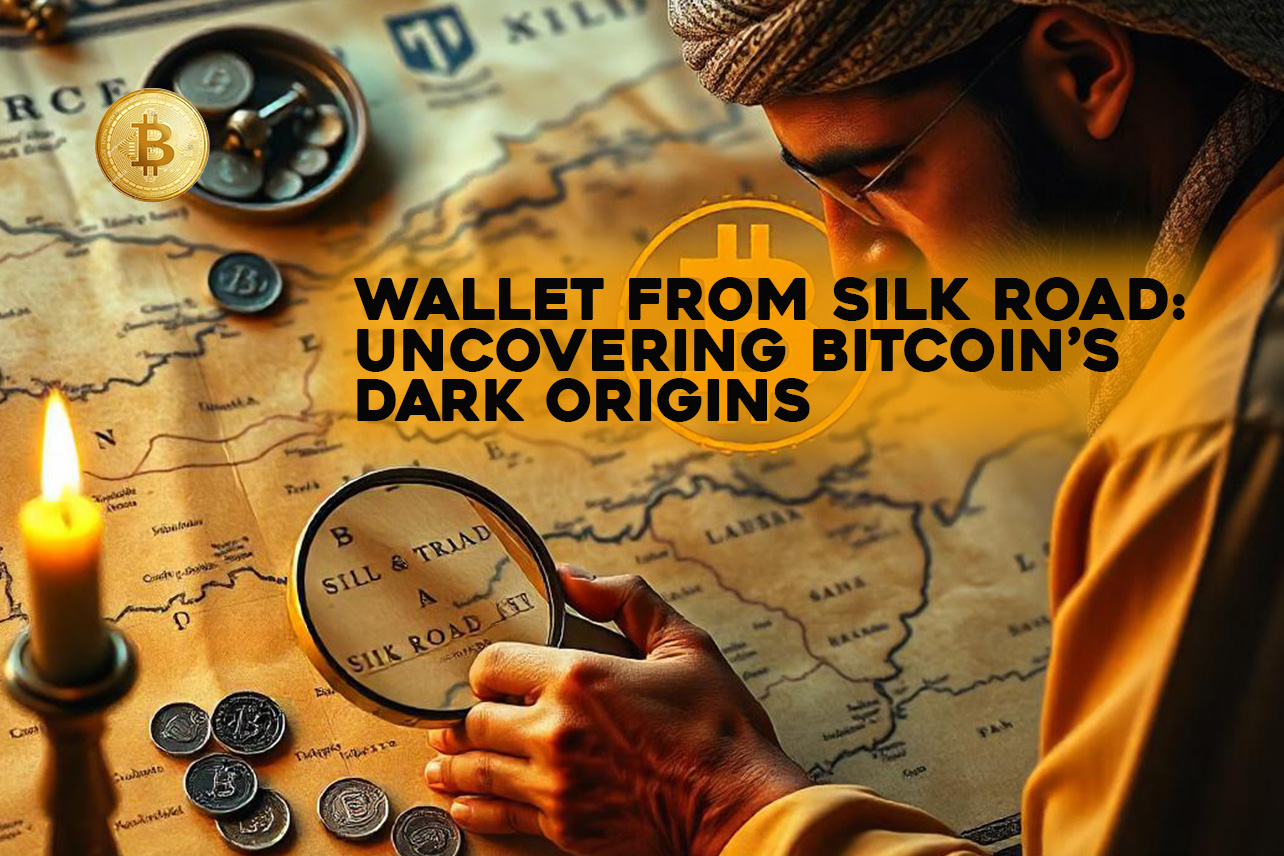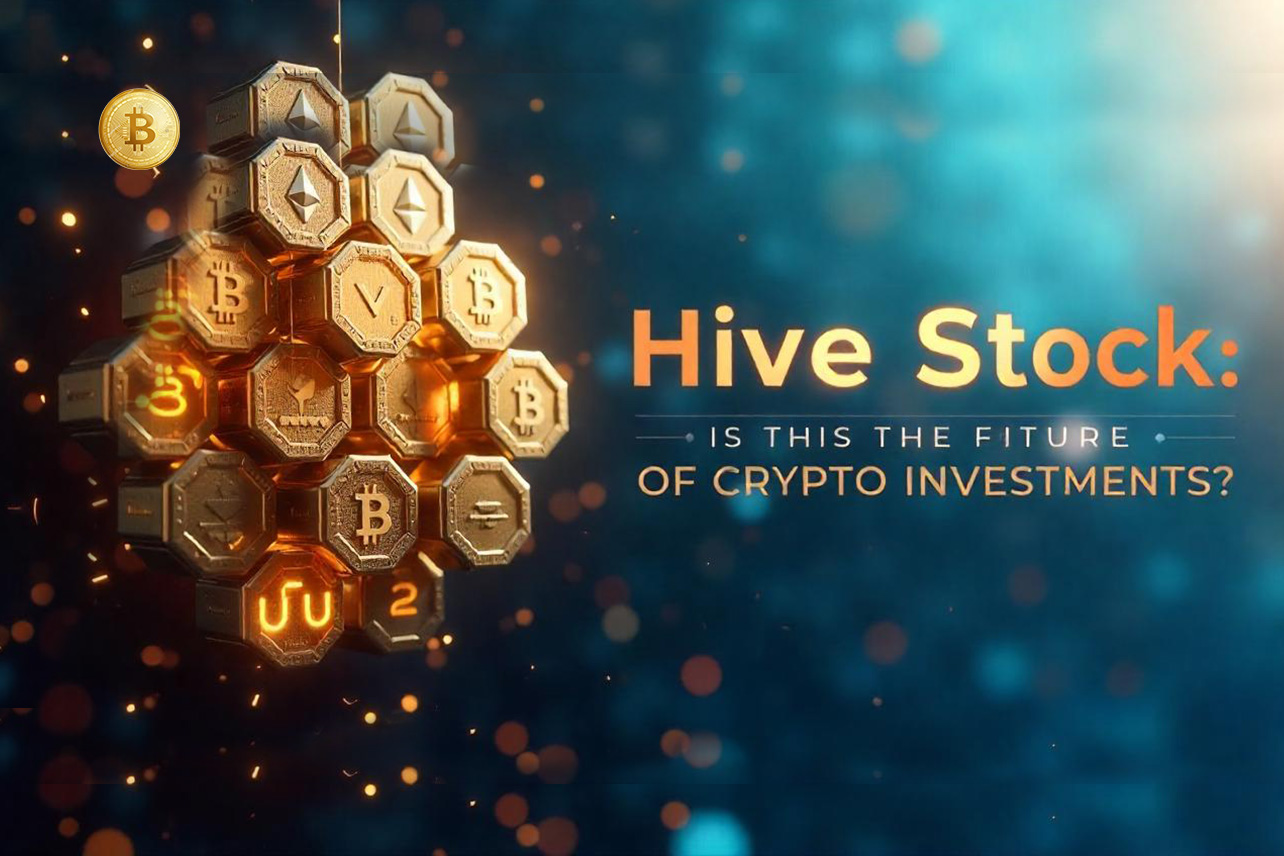Wallet From Silk Road: Uncovering Bitcoin’s Dark Origins

Table of Contents
- Introduction
- Understanding the Silk Road Marketplace and Its Impact
- The Silk Road Wallet Seizure: A Deep Dive
- How Do I Get My Bitcoins from Silk Road Wallet?
- Tracking the Movement of Seized Bitcoins
- Implications of Silk Road Bitcoins in the Market Today
- FAQs on Silk Road Wallets and Bitcoin Origins
- Conclusion
1. Introduction
The Silk Road marketplace is an infamous chapter in Bitcoin’s history, often referenced as Bitcoin’s “dark origins.” This online black market, which operated primarily on the dark web, facilitated the trade of illicit goods using Bitcoin as its main currency. A significant portion of these Bitcoins were seized by the U.S. government, and the recent movement of these funds has sparked renewed curiosity. In this article, we uncover the story of the wallet from Silk Road, its significance in Bitcoin’s history, and what these Bitcoins represent today.
2. Understanding the Silk Road Marketplace and Its Impact
Launched in 2011 by Ross Ulbricht, Silk Road quickly became the go-to marketplace for buying and selling illegal items such as drugs, counterfeit goods, and weapons. Utilizing Bitcoin’s pseudonymous nature, users could transact anonymously, complicating law enforcement’s attempts to trace the origin and destination of funds.
Bitcoin’s association with Silk Road gave it a reputation as a “dark currency.” This association sparked initial controversy but also brought mainstream attention to cryptocurrency, inadvertently setting the stage for Bitcoin’s rise as a globally recognized asset.
The marketplace was shut down by the FBI in 2013, and Ulbricht was sentenced to two life sentences without parole. However, large sums of Bitcoin remained in circulation, with some still linked to wallets associated with Silk Road, highlighting a murky aspect of Bitcoin’s early days.
3. The Silk Road Wallet Seizure: A Deep Dive
One of the largest seizures of Bitcoin in history occurred when U.S. authorities seized over 50,000 BTC connected to Silk Road, valued at approximately $1 billion at the time. This seized wallet from Silk Road belonged to James Zhong, who had illegally obtained the cryptocurrency in 2012 by exploiting a vulnerability in Silk Road’s transaction system.
In November 2021, the U.S. government recovered these funds during a raid on Zhong’s property, finding Bitcoins stored across multiple hard wallets, including some hidden within unconventional items such as a popcorn tin. The seizure underscored the potential longevity of early Bitcoin transactions and the ability of law enforcement to track wallets tied to illicit activity, even years later.
As of April 2024, around $2 billion in Silk Road-related Bitcoin was moved by the U.S. Department of Justice to a new wallet address, a transfer closely observed by on-chain analysts. This transaction is part of a broader movement to liquidate seized assets, a common practice for governments aiming to recoup funds from illegal activities.
4. How Do I Get My Bitcoins from Silk Road Wallet?
For individuals who may have owned Bitcoin on Silk Road, claiming these funds is not straightforward. Since Silk Road’s closure and the subsequent seizure of assets by law enforcement, accessing any remaining Bitcoin tied to the marketplace is legally complex and may require proof of legitimate ownership.
Steps for Possible Fund Recovery
- Proof of Ownership: Users who believe they have a legitimate claim must provide evidence of ownership prior to Silk Road’s shutdown.
- Legal Consultation: Consulting a legal expert can help determine if there is a viable claim for any lost funds.
- Official Process: Contacting the appropriate government agencies managing the assets, such as the U.S. Department of Justice, is necessary to inquire about claiming any funds.
However, it is essential to approach this with caution, as there are strict legal requirements for reclaiming assets seized due to illicit activities.
5. Tracking the Movement of Seized Bitcoins
The recent movement of Silk Road Bitcoins by the U.S. government has reignited interest in these historical assets. On April 2, 2024, blockchain data revealed that the Justice Department transferred over 30,000 BTC from the Silk Road-related wallet to a Coinbase Prime address. This move is speculated to be part of a broader effort to liquidate seized cryptocurrency assets.
The movement of such a large quantity of Bitcoin impacts the market in several ways:
- Market Sentiment: When large amounts of Bitcoin move, it often affects market sentiment, especially as the sale of seized Bitcoin can indicate a potential increase in supply.
- Transparency: Blockchain transparency allows the public to observe these transactions, illustrating Bitcoin’s unique traceability despite its pseudonymous design.
- Market Stability: Despite the potential for market impact, the steady transfer and liquidation of these assets suggest the government’s awareness of market stability.
These transactions, when traced by analysts, provide insights into how governments handle seized digital assets and manage the redistribution of cryptocurrencies tied to past criminal activity.
6. Implications of Silk Road Bitcoins in the Market Today
The movement of Silk Road Bitcoins underscores the evolving relationship between Bitcoin and regulatory bodies. Since Bitcoin’s early days on Silk Road, the cryptocurrency landscape has shifted dramatically. Here’s how Silk Road Bitcoins influence the market today:
- Historic Value: Bitcoins associated with Silk Road are considered historic and represent a critical chapter in Bitcoin’s growth. Investors often view these coins with a sense of intrigue, as they were part of Bitcoin’s earliest transactions.
- Market Liquidity: Government liquidation of these assets injects Bitcoin back into the market. While these sales are typically gradual to avoid market disruptions, their sheer volume can impact Bitcoin’s liquidity and price levels.
- Legal Precedents: The seizure and liquidation of Silk Road Bitcoins set legal precedents for handling cryptocurrency in criminal cases. This reinforces the notion that Bitcoin, while decentralized, is not beyond the reach of law enforcement.
7. FAQs on Silk Road Wallets and Bitcoin Origins
Q: Can anyone access Silk Road Bitcoins today?
A: Most Silk Road Bitcoins were seized by authorities, and any attempt to access or claim these funds requires extensive proof of legitimate ownership and legal permissions.
Q: How do I get my Bitcoins from the Silk Road wallet if I had funds there?
A: If you believe you have a legitimate claim, consult with a legal expert and prepare evidence of ownership. You would need to approach the relevant government body to discuss the process for recovery, though success is not guaranteed.
Q: Why is the government moving Silk Road Bitcoins now?
A: Government agencies, such as the U.S. Department of Justice, may choose to liquidate seized assets over time, especially as the cryptocurrency market matures. These assets are often sold to recoup funds related to criminal activity.
Q: Does the sale of Silk Road Bitcoins affect Bitcoin prices?
A: The sale of large Bitcoin quantities can impact market prices, especially if liquidated quickly. However, most governments sell these assets gradually to minimize market disruption.
Q: What happened to Ross Ulbricht’s Bitcoin?
A: Ulbricht’s personal holdings were also seized, and the government has auctioned parts of these assets. Ulbricht himself remains incarcerated, serving two life sentences without parole.
8. Conclusion
The story of the wallet from Silk Road offers a fascinating glimpse into Bitcoin’s origins, from its use in underground markets to its place in today’s regulated financial landscape. As Silk Road’s Bitcoin holdings continue to move and are gradually liquidated by authorities, these coins symbolize Bitcoin’s journey from “dark currency” to a mainstream financial asset.
For investors and crypto enthusiasts, the movement of Silk Road’s Bitcoin emphasizes Bitcoin’s traceability, the durability of blockchain records, and the power of law enforcement to trace and reclaim assets linked to illicit activity. Ultimately, Silk Road Bitcoin serves as a reminder of both the potential and the responsibility that comes with digital assets. As the market continues to evolve, the legacy of these Bitcoins will remain a part of cryptocurrency history.




